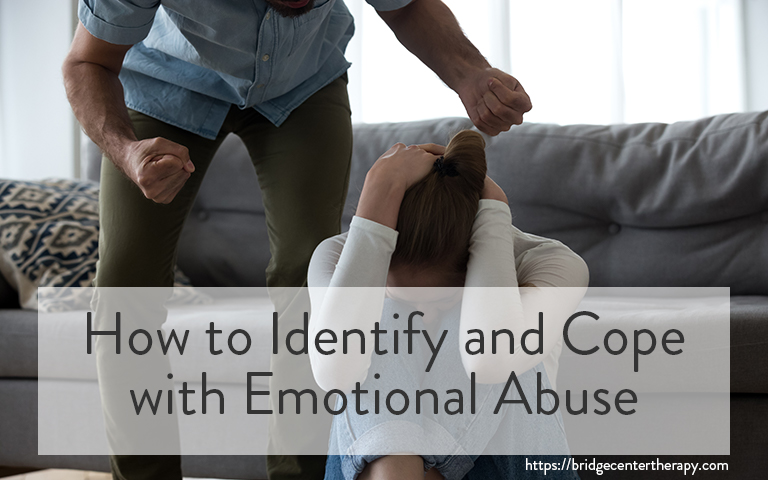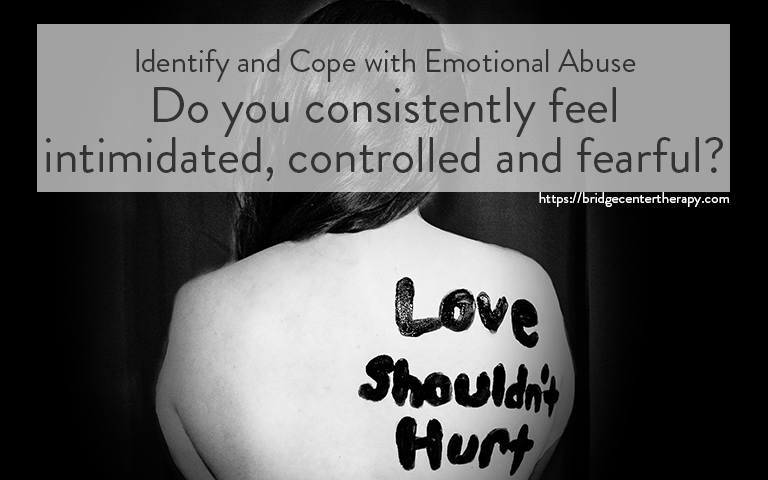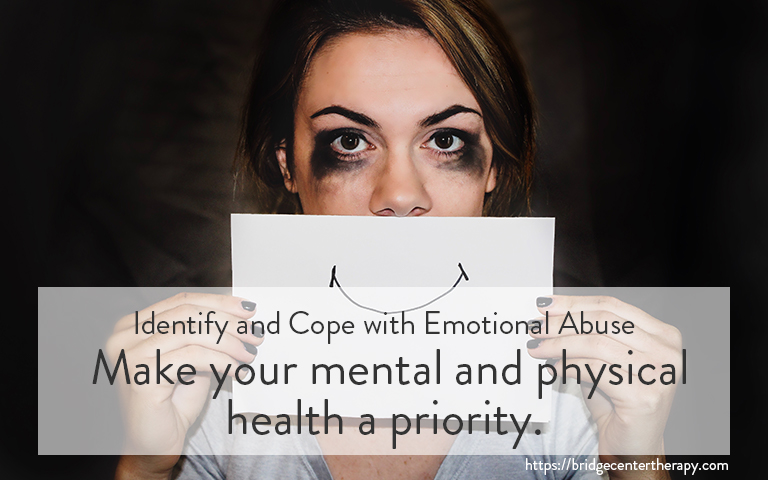
Psychological abuse involves attempts to frighten, control or isolate the victim. A relationship is abusive if there is a consistent pattern of bullying behavior and words that wear down the victim’s self-esteem and mental health. It’s abuse that leaves no physical marks. For that reason it can be very hard to recognize. If you consistently feel intimidated, controlled and fearful, you may be in an abusive relationship.
1- Numbness
You isolate yourself from the world around you. You don’t feel bad, but you are not happy either. You feel heavy, like something is holding you down. Even when you are supposed to be excited, the feeling of hopelessness lingers.
2- People pleasing
Being excessively nice to everyone does not seem unacceptable at first. But, when you realize that people-pleasing behavior comes from a place of “not feeling enough”, you are likely to encounter feelings of shame and inadequacy. It is important that you confront your negative feelings and work towards a place where you know that you deserve real love and that it is not something you need to earn.
3- Resentment
Bad things should not happen. People should be better. You are living in a constant state of resistance to reality. Common signs include impatience, irritability, frustration and blame. Resentment is not explosive, it builds up over time. The best cure is forgiveness and especially self-forgiveness.
You can get there from here.
4- Inability to Trust
When emotional abuse occurs, the abused person naturally loses trust in the abuser. This can spill over into your other relationships over time. The abused person often feels that if someone that close to them can break their trust, no one can be trusted.
5- Anxiety and Depression
If you suffer from depression or anxiety, you need to seek professional help. Symptoms may include insomnia, appetite changes, constant fear or panic and hopelessness. The stress from long term abuse may also manifest itself as physical symptoms including headaches and neck and back pain. In the end, self acceptance and love are the cures you need to work towards. A qualified therapist can give you the tools to get there.

How to identify emotional abuse
Here are a variety of behaviors, among others, that could be classed as emotional abuse.
1- Withholding Affection. This kind of behavior is used intentionally to exert power and control over the other partner. They won’t touch you. They may even withhold sex to get you to do or agree to something.
2- Threats and Intimidation. This may include screaming or general aggressiveness. It is generally done to make you feel powerless and afraid to defend yourself.
3- Invasion of Privacy. The abuser may check your internet history, texts, social media or call logs. They may even demand your passwords or steal them.
4- The Blame Game. Whatever is wrong in the abuser’s life is the fault of their partner. According to them you either didn’t do enough to help them or you stuck your nose where it didn’t belong.
5- Resource Control. The abuser may keep bank accounts in their name and make you beg for money. Then you may be forced to account for every single penny spent.
6- Isolation. It is very important to cut you off from your most meaningful relationships. They can only fully control you if you have no support system to depend on.

How to cope with emotional abuse
Here are 5 ways to get your power back.
1- Focus on Your Health.
Forget about pleasing your abuser. Make your mental and physical health a priority. Get enough rest and eat healthy meals. Simple self-care will help you deal with the daily stresses of emotional abuse.
2- Accept that the Abuser is Not Going to Change
If you have invested time into this relationship, you may feel like it’s your responsibility to “fix” the other person. They are not going to change and their abusive behavior is not your responsibility.
3- Get Out Before it is Too Late
Limit contact with the abuser. If you feel like the abuse is escalating and you are becoming fearful for your own safety, it’s time to cut all ties.
Need Help? We Can Help.
4- Give yourself time to heal
Learn to love yourself. Reach out to supportive friends and family members or others who have gone through similar situations. If you feel it will help, look into psychotherapy to help you with your recovery.
This post was written by Lani Gouws on behalf of The Bridge Therapy Center. If you have any questions or require more information, please contact Lani here: lani@bridgecentertherapy.com
